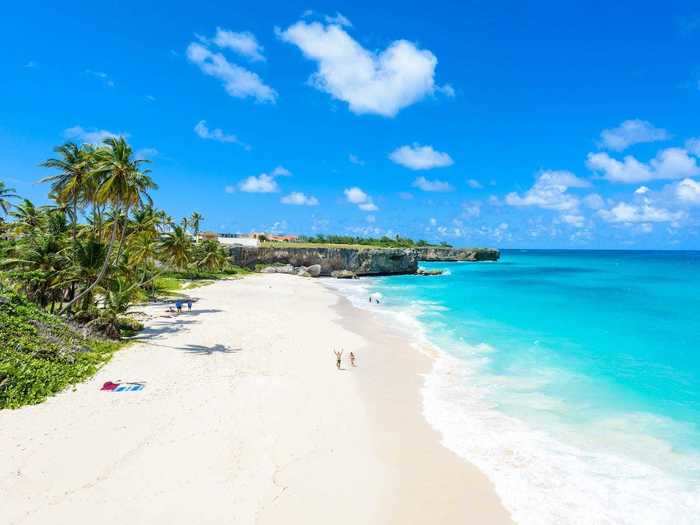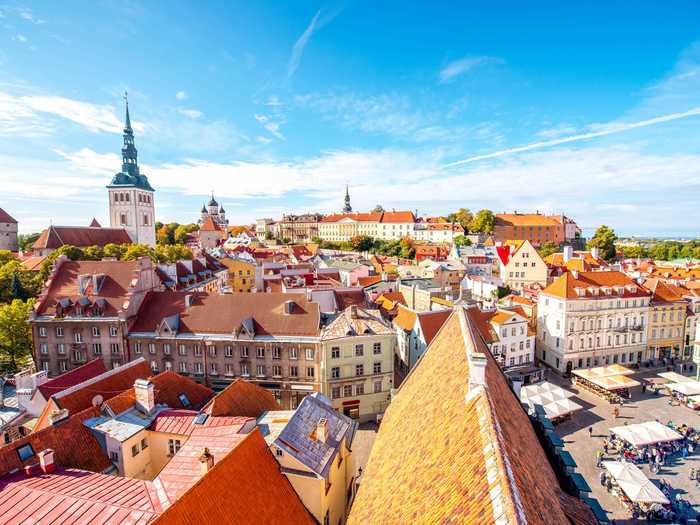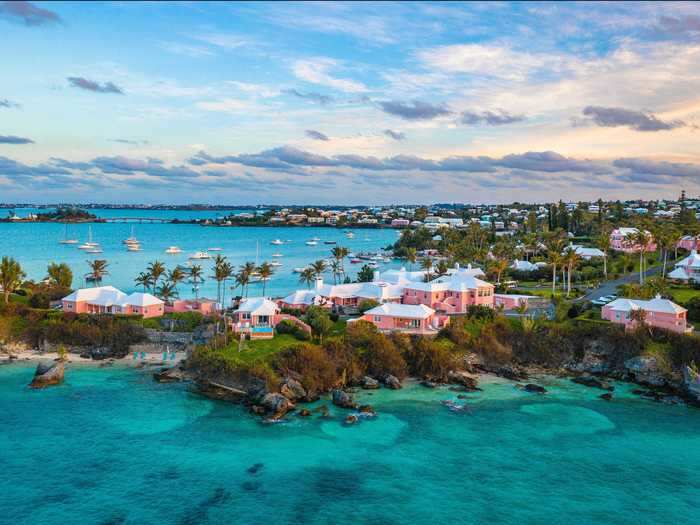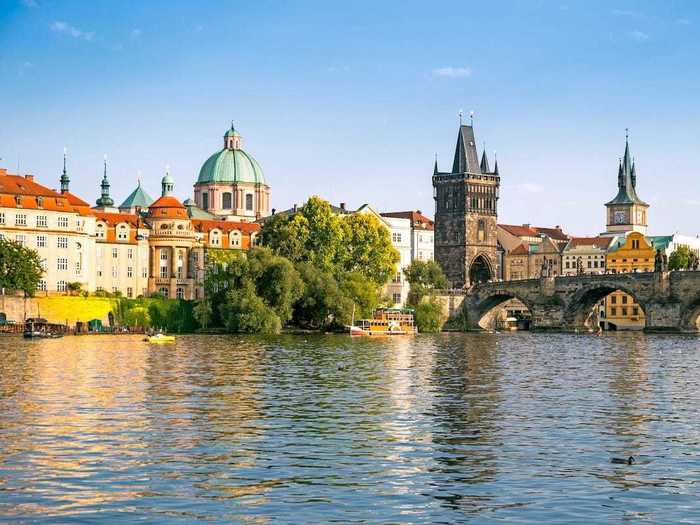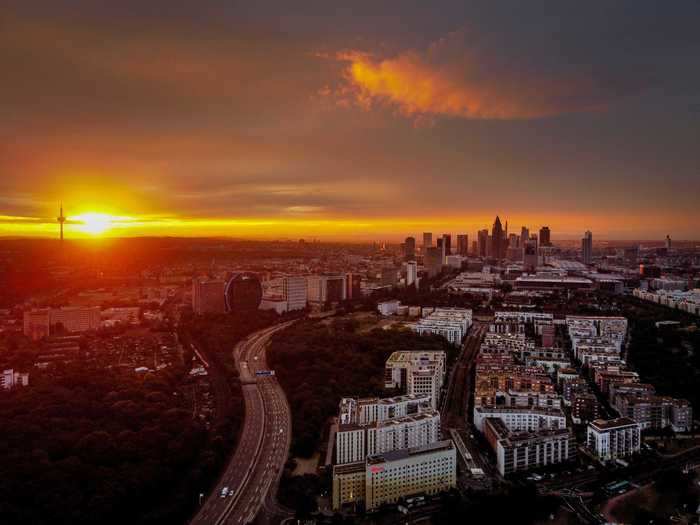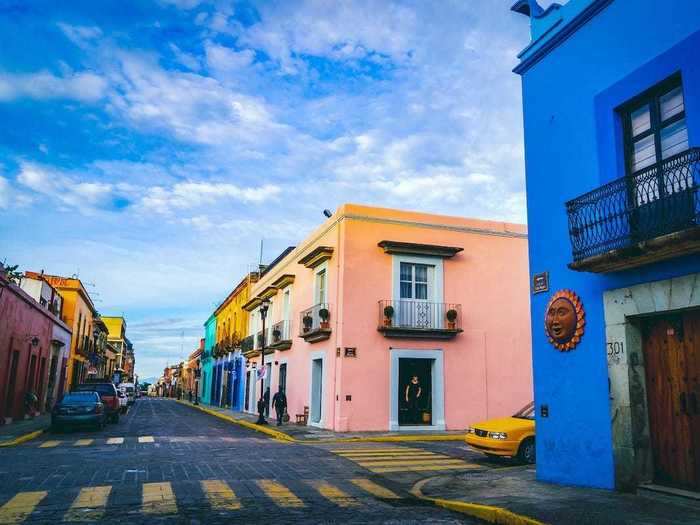Countries are enticing travelers with remote-worker friendly visas.hadynyah/Getty Images - From beaches in Barbados to mosaics in Barcelona, countries have designed visa programs that encourage remote workers to spend an extended time in a new destination.
- Each country requires an application process, which often entails providing proof of income, an active passport, and medical insurance.
- These programs are becoming even more popular as countries search for ways to boost their tourism economies.
- The Centers for Disease Control and Prevention recommends avoiding all nonessential international travel during this time. If you decide to travel, follow the CDC's recommendations in the Global COVID-19 Pandemic Notice.
People around the world are dreaming about escaping their tiny urban apartments or suburban homes, and countries are making it a reality.
Some destinations, like Barbados and Bermuda, have recently launched remote visa programs for incoming visitors, while other countries, like Portugal and Germany, have had similar arrangements in place for years.
Today, these programs are even more appealing for countries and prospective visitors.
Workers are learning that they can do their jobs from anywhere. Meanwhile, countries are hoping to support local economies that have been decimated due to closed borders and lockdowns. The hope is that these long-term visitors will support local economies without displacing any permanent residents' jobs.
Here are 9 countries with programs designed to welcome remote workers.
Barbados has officially launched its 12-month Barbados Welcome Stamp.
According to Barbados' tourism chairman, the island has a fast internet connection.
Shutterstock.com
Visitors could live and work on the island for up to a year with Barbados' new visa program.
The country officially launched the online application form on Wednesday. The form requires individuals to upload information, like pictures of passports and birth certificates.
The visa program is also open to families looking to relocate.
Approved applicants will have to pay $2,000 for an individual visa, or $3,000 for a "family bundle," according to the website.
Estonia has also announced a digital nomad visa program.
The company reopened its borders to EU residents, but the digital nomad program will be open to all international travelers.
Shutterstock/RossHelen
The country is looking to welcome 1,800 people for its extended visa program, and interested applicants must show a continuous source of income of at least $3,988 (€3,504) a month, according to Forbes.
According to the Republic of Estonia, the application will include a $117 fee, proof of income, and an active employment contract.
The visa application has not officially been released, but interested applicants can subscribe to get notified when the application opens.
Enjoy pink, sandy beaches while working or studying from Bermuda.
Sandy beaches and colorful homes are enticing long-term visitors.
Cavan Images/Getty Images
Bermuda announced earlier this month that it would be launching a new residency certificate policy.
This is one of the few programs also aimed at students.
The policy would allow remote workers and students to live on the Caribbean island for up to a year.
In order to qualify, the applicant must be older than 18, have health insurance, supply proof of employment and/or enrollment in an educational program, and show sufficient means and/or a continuous source of income, according to the Government of Bermuda.
The certificate will cost long-term visitors $263, and the government said it aims to have the application posted on or before August 1.
If beaches aren't enticing enough, Georgia launched a long-term visitor program.
The country sits on the border of Europe and Asia.
Maya Karkalicheva/Getty Images
The country of Georgia's new visa program is aimed at self-employed, remote workers.
According to the Ministry of Economy, the visa is designed for digital nomads looking to stay in the country for six months or longer.
Visitors can expect to quarantine upon arrival at their own expense. Although the application has not been released, the government stated that applicants will need to provide proof of travel insurance, a certificate of employment, and other personal information.
The Czech Republic's program isn't new, but now is the perfect time to take advantage of it.
Prague is one of the country's most popular tourist cities.
Pani Garmyder/Shutterstock
The Czech Republic has offered a zivno visa, or long-term business visa, for years now.
The visa is targeted at freelance and remote workers looking to live in the country for longer periods of time, according to the Embassy of the Czech Republic.
Interested applicants will need to get in contact with the consular office based in the US. They'll also need to fill out an application, which includes providing proof of income, travel medical insurance, and accommodation.
Stay in Portugal for a year with its self-employment visa.
The country has beaches, urban cities, and nature to explore.
ESB Professional/Shutterstock
This visa program offers temporary residence for independent workers. The only caveat? Applicants must demonstrate that their skills are needed in the country.
Applicants have to register as a freelancer in the country, and it helps if they have local Portuguese clients. Depending on how long a visitor plans to stay, Portugal's Ministry of Affairs outlines the different visa programs.
For freelancers, Portugal has one of the lengthier applications, and those applying must have things like a Portuguese bank account. BePortugal, a website for expats, has a cohesive outline of the requirements and how to apply.
If you're self-employed, head to Spain.
Communities of digital nomads can be found in the country's popular tourist cities, like Madrid and Barcelona.
Doble D/Getty Images
Freelancers and self-employed individuals can apply for the country's self-employment work visa.
This visa allows individuals to live and work in Spain for up to a year.
Applicants will need to establish and maintain employment and pass a background check. The details for the visa application can be found here.
Enjoy pretzels and beer while working remotely from Germany.
A sunrise over Frankfurt, Germany.
Associated Press
Germany also has a permit program targeted at freelancers and remote workers.
The government's website clearly outlines the different visa programs and who is eligible to apply. The "freiberufler" visa is designed for freelancers who want to be their own boss.
The freelance visa only lasts for three months, but it could potentially be converted into a residency permit. The application is similar to other remote visa programs.
Applicants must show proof of income, travel insurance, and letters of recommendation from previous employers.
Live and work in Mexico for up to four years with the country's temporary resident visa.
Oaxaca, Mexico, was named the world's best city to visit this year, and it could be your next home.
Indigoai/Getty Images
Mexico's temporary resident visa allows visitors to live in Mexico for a year, and after that, it could be extended for an additional three years.
In order to qualify for the visa, applicants will need to show that an income of more than $1,620 per month or a bank account balance of over $27,000.
Under this visa, visitors would not be able to work for the country.

